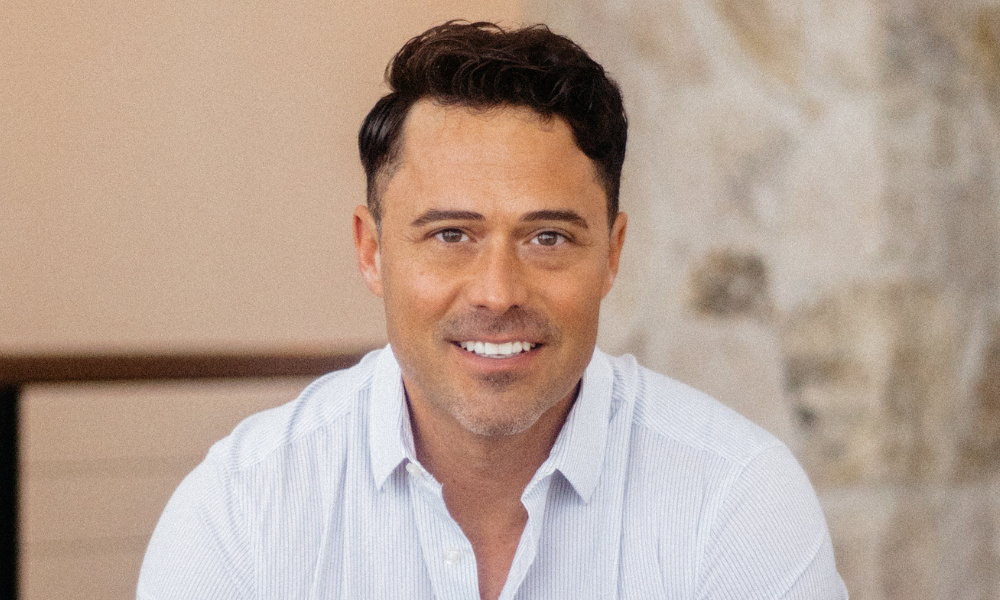Paramedical services, psychological counselling, and health and fitness tracking among options preferred by younger Canadians
.jpg)
As the working environment continues to evolve, so too do work benefits. Just as jobs for life are now largely a relic of a bygone age, it appears that traditional employee benefit plans could be headed that way too. That’s according to an article in the Globe and Mail, which states that millennials are unsatisfied with standardized benefit plans, and expect employers to provide more flexible coverage.
“There is a greater awareness about some of the core benefits,” said Sarah Beech, president of Toronto-based benefits firm Accompass. Since mental health isn’t as stigmatized among millennials as it was for other generations, plan designs are shifting and actually increasing coverage for psychologists.”
Millennials also want coverage for less orthodox treatments. For example, Toronto-based web developer and millennial Andrew Smith has a health-spending account (HSA) that offers paramedical services such as physiotherapy, acupuncture, and naturopathy.
“Forty-nine per cent of millennials wanted more flexibility,” said Marilee Mark, vice president of product development and integrated health solutions at Sun Life Financial, referring to a recent survey conducted by the company.
Another trend among millennials is an increasing preference for technology-based benefits. They use programs to track weight loss, smoking cessation, and blood pressure, and they also appreciate rewards for pursuing healthy lifestyles.
Employers are starting to take notice, notably in the tech space. Toronto-based tech firm Uberflip offers an app powered by Akira, which lets employees seek diagnoses for non-complex medical issues, prescriptions, or referrals without dealing with lengthy queues at doctors’ offices.
The firm has also partnered with League, a Toronto-based startup, to give staffers a digital platform to find services like local nutritionists, personal trainers, and yoga centers. Workers can pay for the service of their choice using funds from the firm’s Personal Wealth Spending Account. “They have $250 per year to spend on these non-traditional things. It gives you access to try something new,” said Uberflip COO and co-founder Randy Frisch.
Of course, core benefits shouldn’t be neglected. Prescription drugs, short-term disability, and other basic benefits have to be retained. “You have to give people what they’re asking for,” said Frisch. “But you’ve also got to have the basics in place.”
Related stories:
Insurance firms need to get with the technology program
Humania Assurance and insuranceforchildren join forces
“There is a greater awareness about some of the core benefits,” said Sarah Beech, president of Toronto-based benefits firm Accompass. Since mental health isn’t as stigmatized among millennials as it was for other generations, plan designs are shifting and actually increasing coverage for psychologists.”
Millennials also want coverage for less orthodox treatments. For example, Toronto-based web developer and millennial Andrew Smith has a health-spending account (HSA) that offers paramedical services such as physiotherapy, acupuncture, and naturopathy.
“Forty-nine per cent of millennials wanted more flexibility,” said Marilee Mark, vice president of product development and integrated health solutions at Sun Life Financial, referring to a recent survey conducted by the company.
Another trend among millennials is an increasing preference for technology-based benefits. They use programs to track weight loss, smoking cessation, and blood pressure, and they also appreciate rewards for pursuing healthy lifestyles.
Employers are starting to take notice, notably in the tech space. Toronto-based tech firm Uberflip offers an app powered by Akira, which lets employees seek diagnoses for non-complex medical issues, prescriptions, or referrals without dealing with lengthy queues at doctors’ offices.
The firm has also partnered with League, a Toronto-based startup, to give staffers a digital platform to find services like local nutritionists, personal trainers, and yoga centers. Workers can pay for the service of their choice using funds from the firm’s Personal Wealth Spending Account. “They have $250 per year to spend on these non-traditional things. It gives you access to try something new,” said Uberflip COO and co-founder Randy Frisch.
Of course, core benefits shouldn’t be neglected. Prescription drugs, short-term disability, and other basic benefits have to be retained. “You have to give people what they’re asking for,” said Frisch. “But you’ve also got to have the basics in place.”
Related stories:
Insurance firms need to get with the technology program
Humania Assurance and insuranceforchildren join forces



